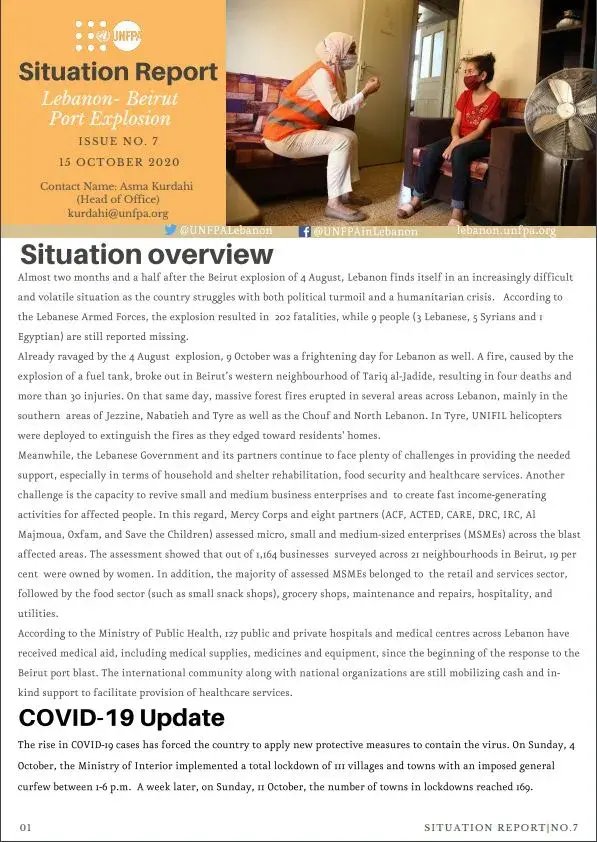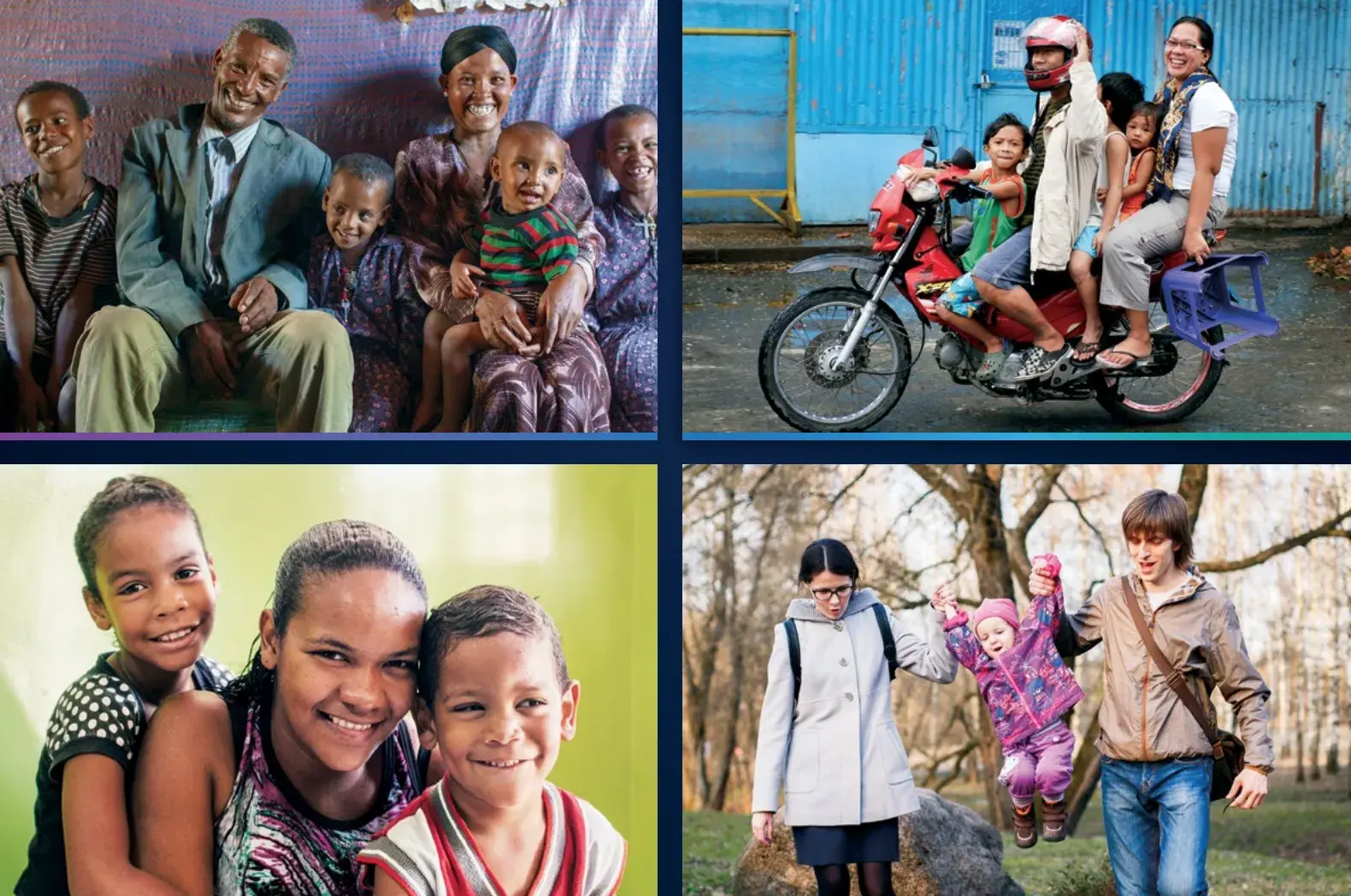Almost two months and a half after the Beirut explosion of 4 August, Lebanon finds itself in an increasingly difficult and volatile situation as the country struggles with both political turmoil and a humanitarian crisis. According to the Lebanese Armed Forces, the explosion resulted in 202 fatalities, while 9 people (3 Lebanese, 5 Syrians and 1 Egyptian) are still reported missing.
Already ravaged by the 4 August explosion, 9 October was a frightening day for Lebanon as well. A fire, caused by the explosion of a fuel tank, broke out in Beirut’s western neighbourhood of Tariq al-Jadide, resulting in four deaths and more than 30 injuries. On that same day, massive forest fires erupted in several areas across Lebanon, mainly in the southern areas of Jezzine, Nabatieh and Tyre as well as the Chouf and North Lebanon. In Tyre, UNIFIL helicopters were deployed to extinguish the fires as they edged toward residents' homes.
Meanwhile, the Lebanese Government and its partners continue to face plenty of challenges in providing the needed support, especially in terms of household and shelter rehabilitation, food security and healthcare services. Another challenge is the capacity to revive small and medium business enterprises and to create fast income-generating activities for affected people. In this regard, Mercy Corps and eight partners (ACF, ACTED, CARE, DRC, IRC, Al Majmoua, Oxfam, and Save the Children) assessed micro, small and medium-sized enterprises (MSMEs) across the blast affected areas. The assessment showed that out of 1,164 businesses surveyed across 21 neighbourhoods in Beirut, 19 per cent were owned by women. In addition, the majority of assessed MSMEs belonged to the retail and services sector, followed by the food sector (such as small snack shops), grocery shops, maintenance and repairs, hospitality, and utilities.
According to the Ministry of Public Health, 127 public and private hospitals and medical centres across Lebanon have received medical aid, including medical supplies, medicines and equipment, since the beginning of the response to the Beirut port blast. The international community along with national organizations are still mobilizing cash and in-kind support to facilitate provision of healthcare services.




